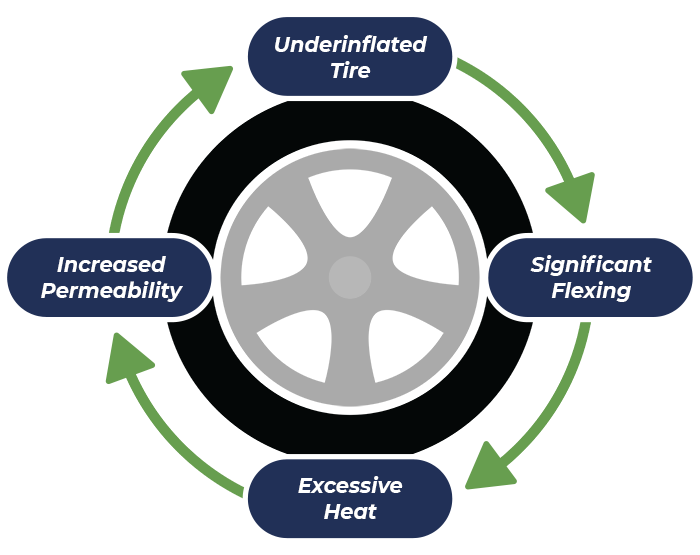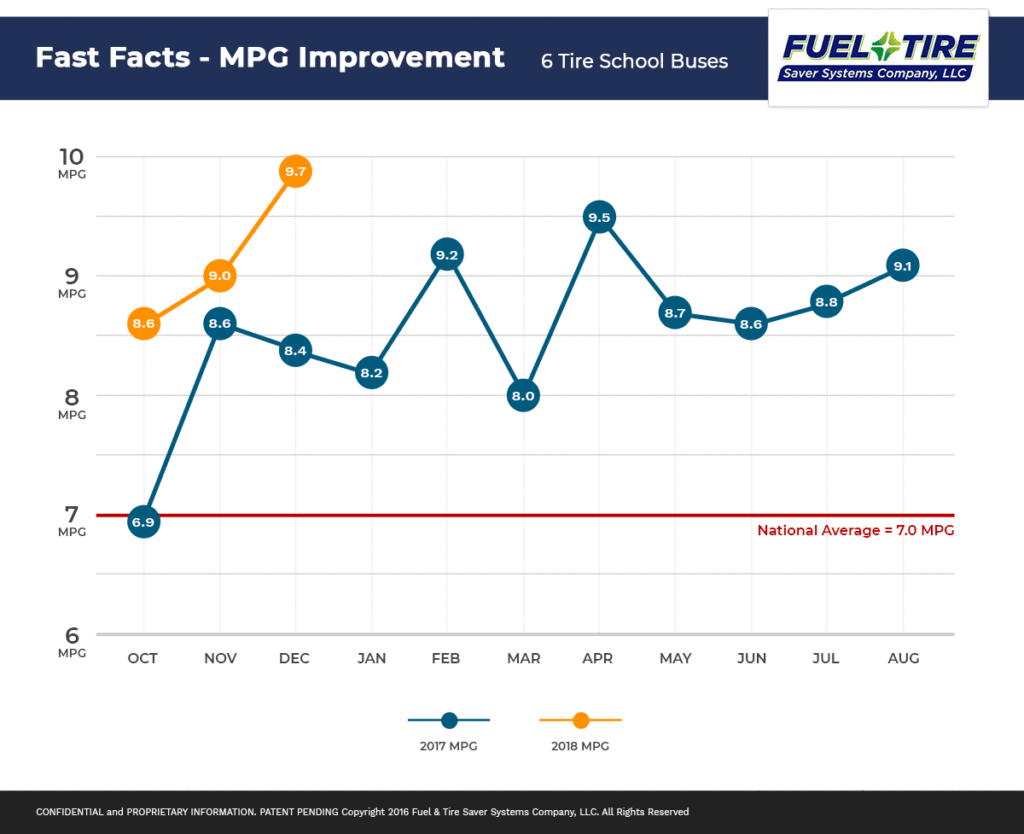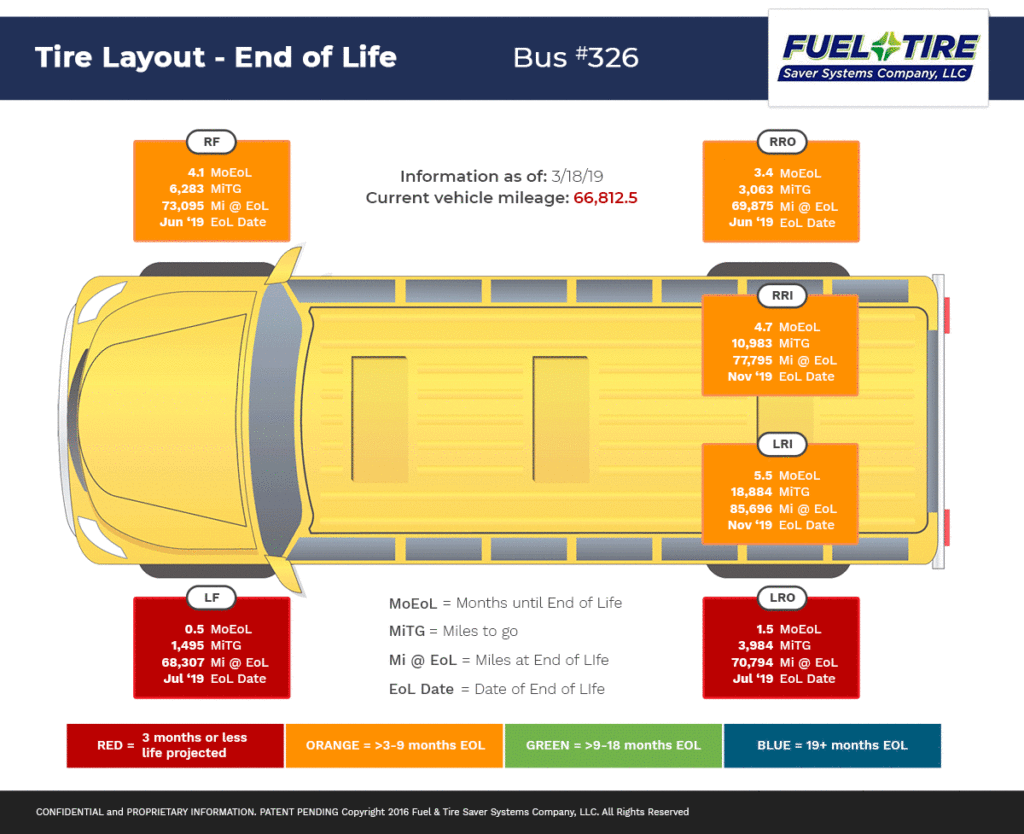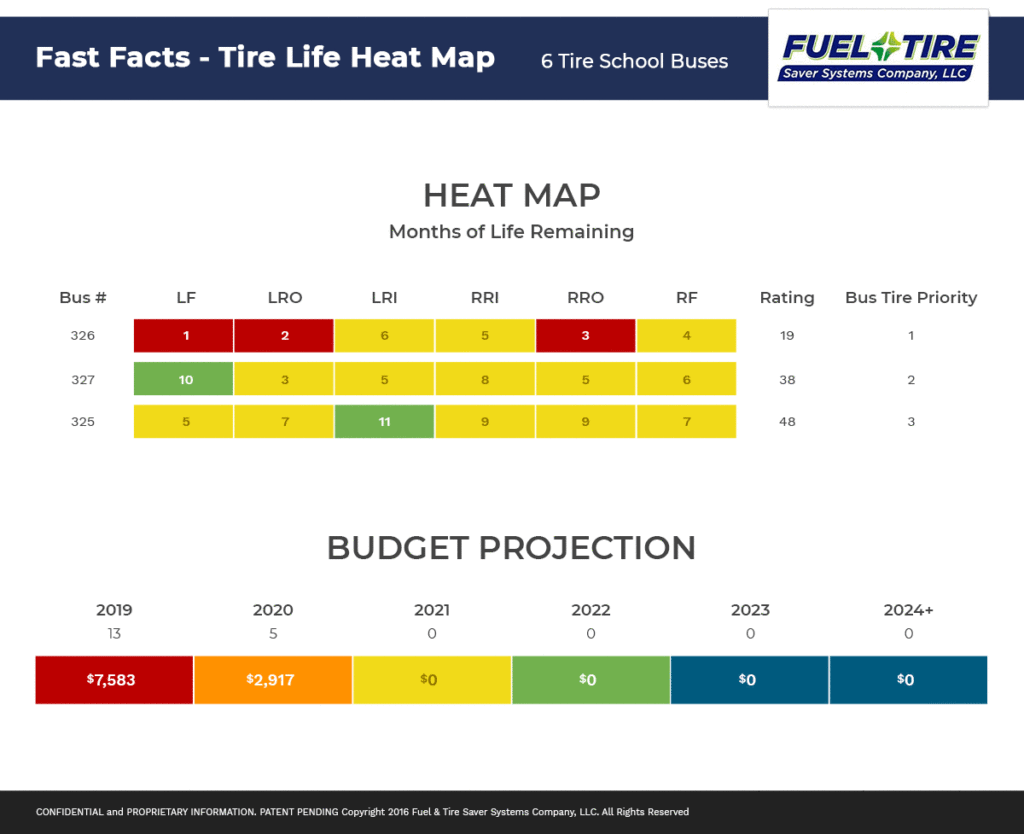Our Patented Process
Tire optimization technology that assesses the pressure in every tire, every month, and fill with nitrogen for optimized tire performance – better handling, better mileage and lower risk of flats or blowouts.
With gas prices so high you can improve your fuel economy and extend the life of your tires.
Help lower overall fuel costs and reduce emissions from diesel engines. Additionally, reducing DEF consumption can improve vehicle performance and decrease maintenance requirements on a fleet’s vehicles.
Winter weather can be hard on your vehicle. Cold temperatures and snow, ice, and slush make it difficult for vehicles to maintain their fuel efficiency.
Inflating your tires with nitrogen, instead of regular air, prevents oxidation by blocking out moisture and oxygen that can cause damage to the tire over time.
At the core of tire safety and performance is proper air pressure. Our professionals are trained to ensure tires have been inflated to the exact pressure settings.
By replacing wet, oxygenated compressed air with dry, high-purity nitrogen, the risk of corrosion and the degradation of sensitive process materials can be reduced or eliminated.
Nitrogen provides a slow and steady release of pressure, while also keeping the tire temperature consistent.
Our tire professionals are professionally trained and are certified to identify any potential tire damage.
Our team of technicians are trained to spot any signs of leakage or damage in the stems, valves, and tires.
Preventative maintenance is a key part of ensuring your vehicle remains in top condition.
With over 11,000 bus crashes a year, it’s time to make tire pressure maintenance a priority.
It takes 60 minutes to correctly inflate tires on a single bus. Let us give your time back so you can focus on other parts of your business.
With labor shortages at an all-time high, don’t let poorly-maintained tires be a reason to lose drivers.
Help save the environment and let your customers know you’re doing your part.
You’re able to save on labor costs and guarantee that your deliveries arrive punctually, translating into more money for your business.
Decreasing your carbon footprint can have a significant effect on the environment.
Why Our ÅASTRAEA Nitrogen Is The Best Solution
The secret to the successful use of nitrogen is consistent and regular inflation with high-quality nitrogen gas.

Nitrogen provides better tire pressure retention during the daily life of a tire.
Nitrogen molecules are larger and less likely to escape through the tire wall, maintaining tire pressure, improving handling and fuel economy all while reducing tire wear.
The secret to successful use of nitrogen is consistent and regular inflation with high quality nitrogen gas.
The Daily Cycle of a Tire
On a daily basis, tires go through many different phases. These cyclical, constant changes have a negative, compounding impact on tire life and tire tread.
Because air inflated tires leak oxygen molecules through the rubber tire membrane, underinflation speeds up the cycle even more. Proper nitrogen tire inflation is the answer to this destructive cycle because nitrogen can sustain higher heat levels triggered during use, and bigger N2 molecules don’t leak from the tires at the same rate as air.

Predictive Fleet Maintenance with Consistent, Quality Data
Our proprietary mobile nitrogen tire inflation service vehicles provide you with consistent data and reporting to accurately and efficiently refine budgeting.

FTS MPG Improvement Chart
Through our proprietary tire management solution, we also track MPG improvement from our service, which provides a window into efficient bus operations.

Vehicle Tire Life Map
Shows the on-vehicle tire inventory and expected tire replacement date. Eliminates premature replacement costs and promotes predictive replacement scheduling.

Tire Life Heat Map
Shows tire life by vehicle, by tire position, for the entire fleet. Allows the maintenance team to focus on near-team problem areas with confidence that the rest of the fleet is in good shape.
Keep Track of Important Data and Metrics with FTS
The Numbers Don't Lie
Underinflated tires are 3x more likely to be involved in an accident, according to the NHTSA.
Tires that are properly inflated pay for themselves in reduced wear, improved gas mileage and reduced personnel hours.
To date, Fuel and Tire Saver Systems have inflated over 8000 tires. Let us help you by doing what we do best.
How We Work
Convenient, Consistent, High-quality.
We come to you for our first visit.
We arrive at your site and inspect all tires for thread damage, sidewall damage, tire size, pressure rating, punctures, gather temperature, and initial baseline tire information.
We Inflate
We set proper pressures with ÅASTRAEA Nitrogen to establish new baseline.
Our Second Visit
At our second visit, we conduct our next tire inspection and determine tire pressure degradation. We then reinflate by removing compressed air and replacing with our nitrogen to achieve desired concentration levels.
Our Next Four Visits
On our subsequent monhtly visits, we will reassess and reinflate with nitrogen to achieve the optimum tire inflation levels and achieve pressure stability.
Followup Monthly Visits
With a newly established baseline measured and perfected, we will reassess monthly to maintain the optimum pressure levels, while also inspecting for damage to tires for safety and performance.
Contact Us Today!
Maximize your fleet utilization and start earning more money.
Contact us to schedule your free fleet assessment.


